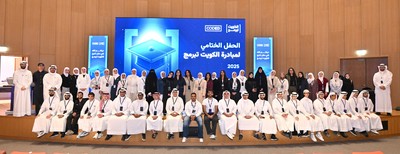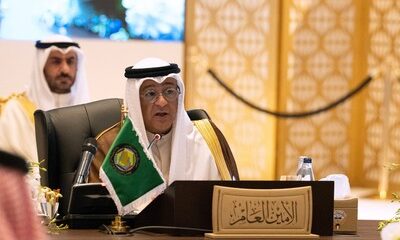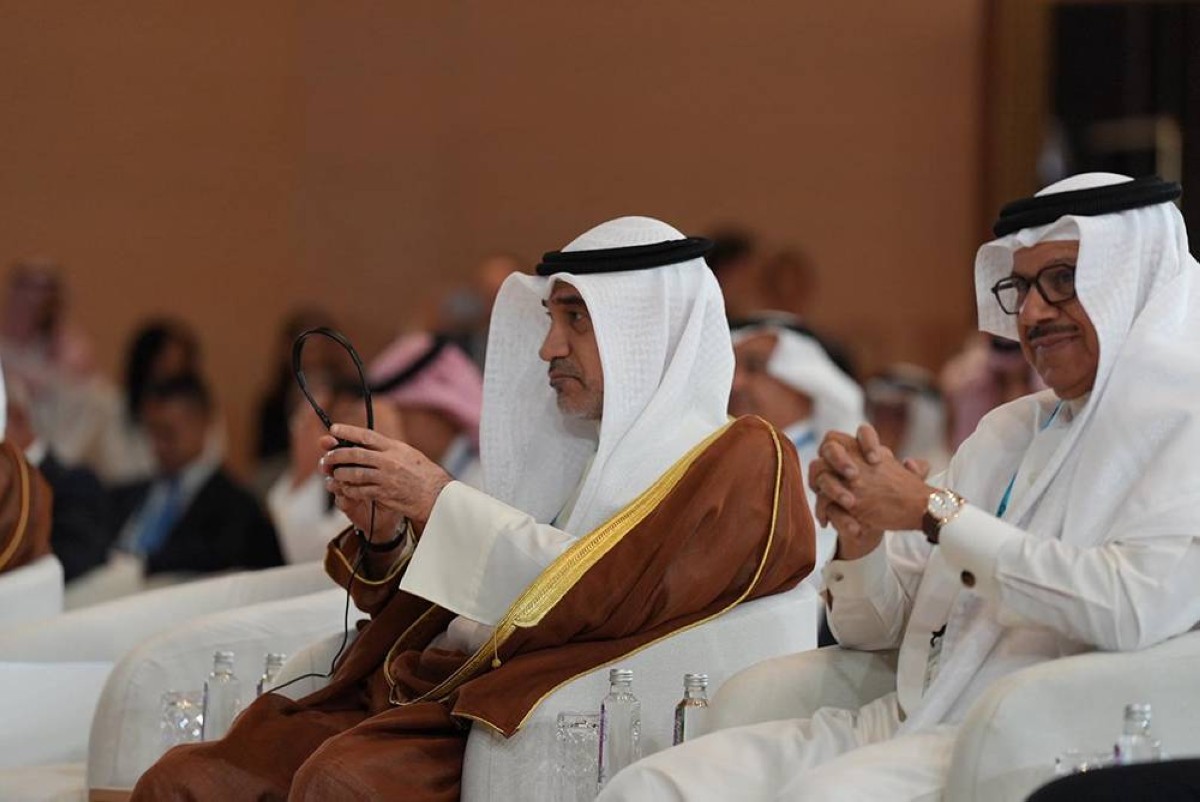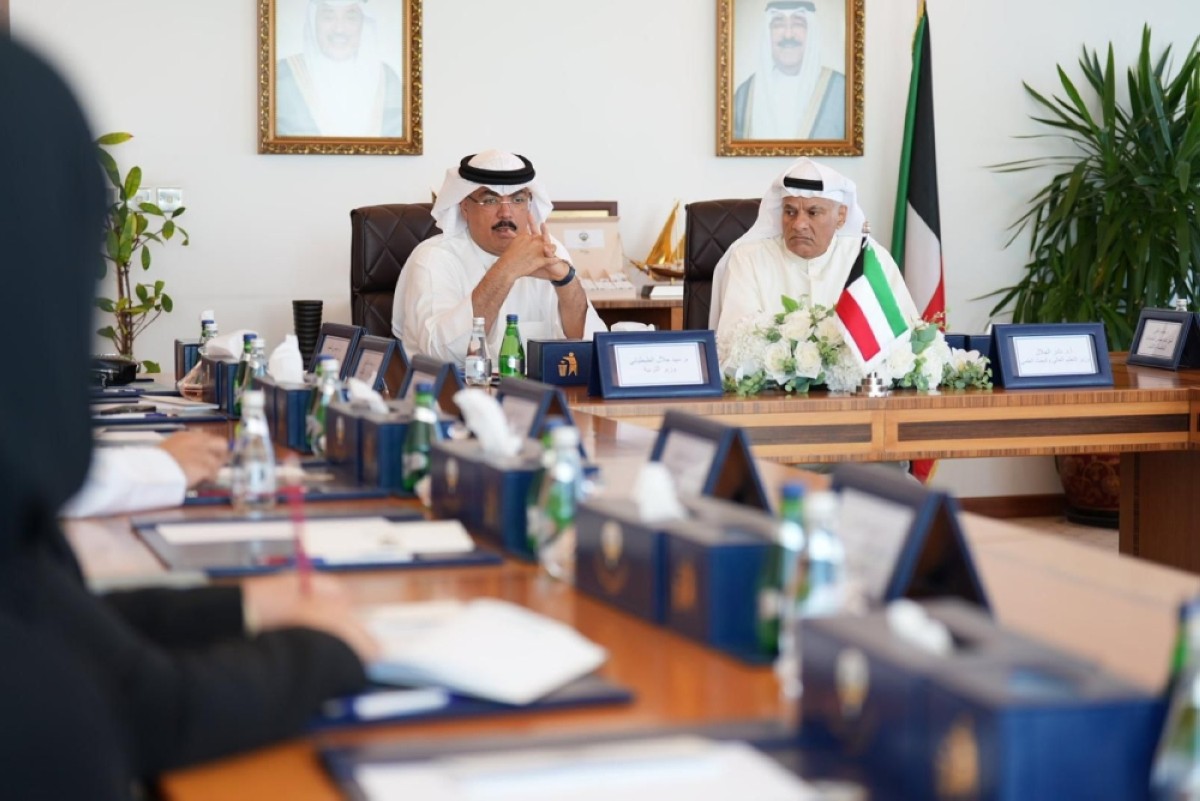By Ahmad Albarjas
When socializing as a high school student, I often hear terms like “CV-boosting work” and “extracurriculars” used to describe youth-focused efforts. These include volunteering, participating in school clubs and internships, playing on sports teams, and generally being active in youth-led circles. But here’s the deal: The value of such work is often diminished by the fact that many students participate in these activities — not out of genuine passion, but because they feel obligated to. My experience in “extracurricular” circles has shown me that these activities are frequently seen as a burden — something students are expected to do at some point in high school just to earn college credit.
Don’t get me wrong. A strong portfolio of extracurriculars and an extraordinary body of work can almost guarantee an acceptance letter from a top college. But at what cost? Have we reduced these experiences to surface-level checklist items, rather than recognizing what they’re truly meant to represent?
We’ve forgotten that, over the past few years, many passionate youth have gradually turned extracurriculars into opportunities that genuinely make an impact — not just something we’re supposed to do to pad a half-empty resume. We’ve overlooked the real power of our efforts and reduced them to little more than application boosters, rather than meaningful tools to amplify youth voices and show that there are young people who actually care.
A research paper by Duygu Ileriturk, published in the journal Social Sciences & Humanities Open, looked at the history of extracurricular activities in the United States. “The practice of extracurricular activities began in the United States in the 19th century as part of the regular academic program. The first activities were carried out by Harvard and Yale universities according to the professional interests of the students,” the researcher wrote. The keyword here is “interests”. This suggests that the original purpose of extracurriculars was not “resume-padding”, but genuine exploration and passion — quite different from what they’ve become today.
There’s no widely recognized term that fully encompasses concepts like youth volunteering and youth-led initiatives — cause-driven student clubs for the environment, cancer awareness, journalism and more. Not even youth leadership programs or speech and debate competitions fall neatly under any term that truly captures their value. When we try to label this space, we end up with vague phrases like “youth empowerment work” or “community impact work” — buzzwords that sound like they were generated by artificial intelligence. Even the term “extracurriculars” undermines the value of these efforts by implying they’re just something we do “on the side”. To restore the meaning of these activities — and as an ode to truly passionate youth who will always have something to offer — we should begin to recognize them for what they are: Nonprofit work.
Nonprofit doesn’t have to mean institutional, humanitarian or philanthropic. These youth-led efforts are all nonprofit in nature because they aim to do good without profit as the driving force. The money doesn’t go into anyone’s pocket — it circulates within the organization to support its initiatives.
Logically, reframing extracurriculars as a branch of nonprofit work honors what they truly represent. They are efforts driven by passion and purpose, not personal gain. That name — nonprofit — reflects their real intention. Even so, after all that, a pressing question remains: Is passion alone enough to keep nonprofit work alive when the system mostly rewards performance, not purpose?
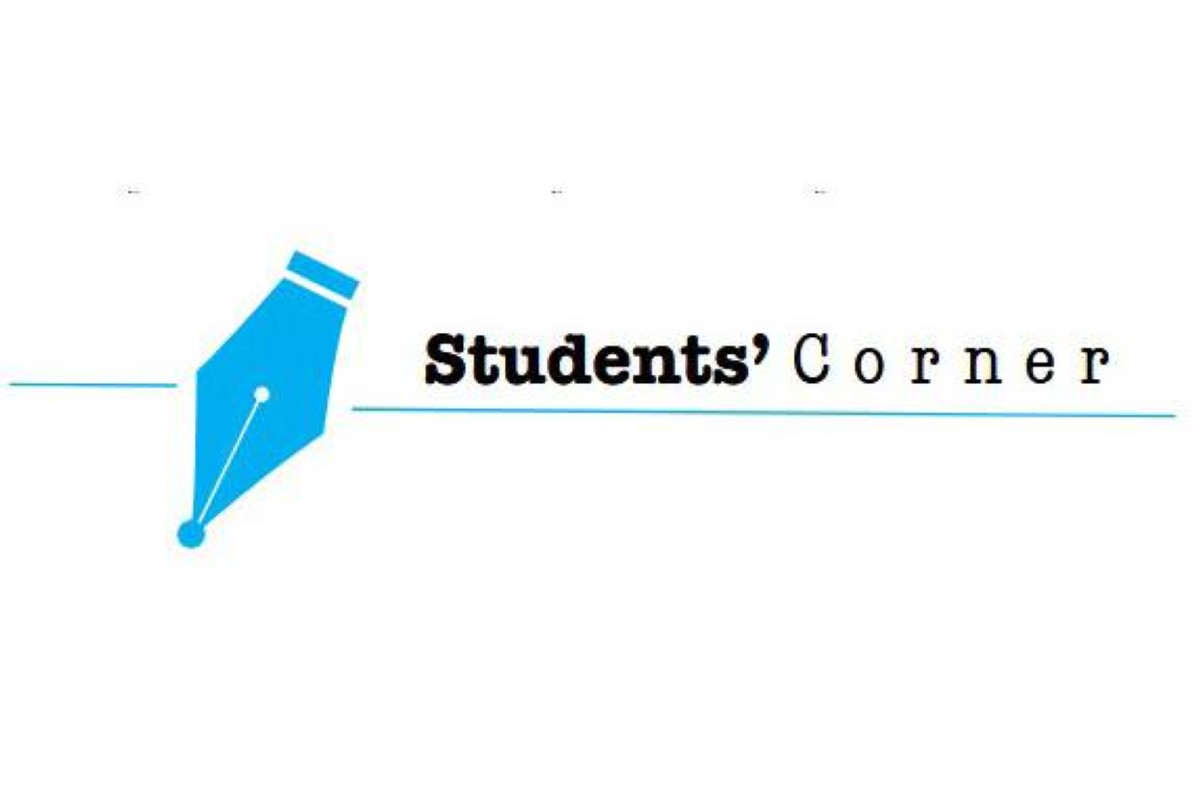

 Latest News21 hours ago
Latest News21 hours ago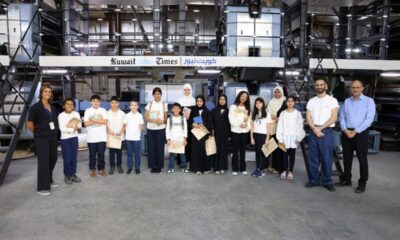
 Latest News23 hours ago
Latest News23 hours ago
 Politics7 hours ago
Politics7 hours ago
 Business14 hours ago
Business14 hours ago
 Latest News14 hours ago
Latest News14 hours ago
 Latest News12 hours ago
Latest News12 hours ago
 Politics3 hours ago
Politics3 hours ago
 Politics5 hours ago
Politics5 hours ago




